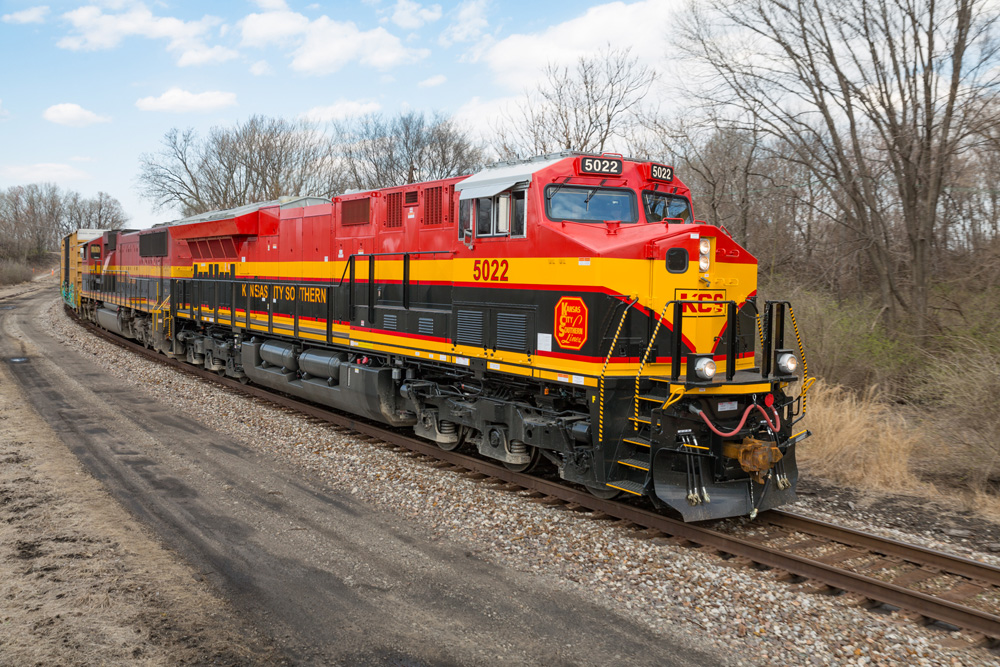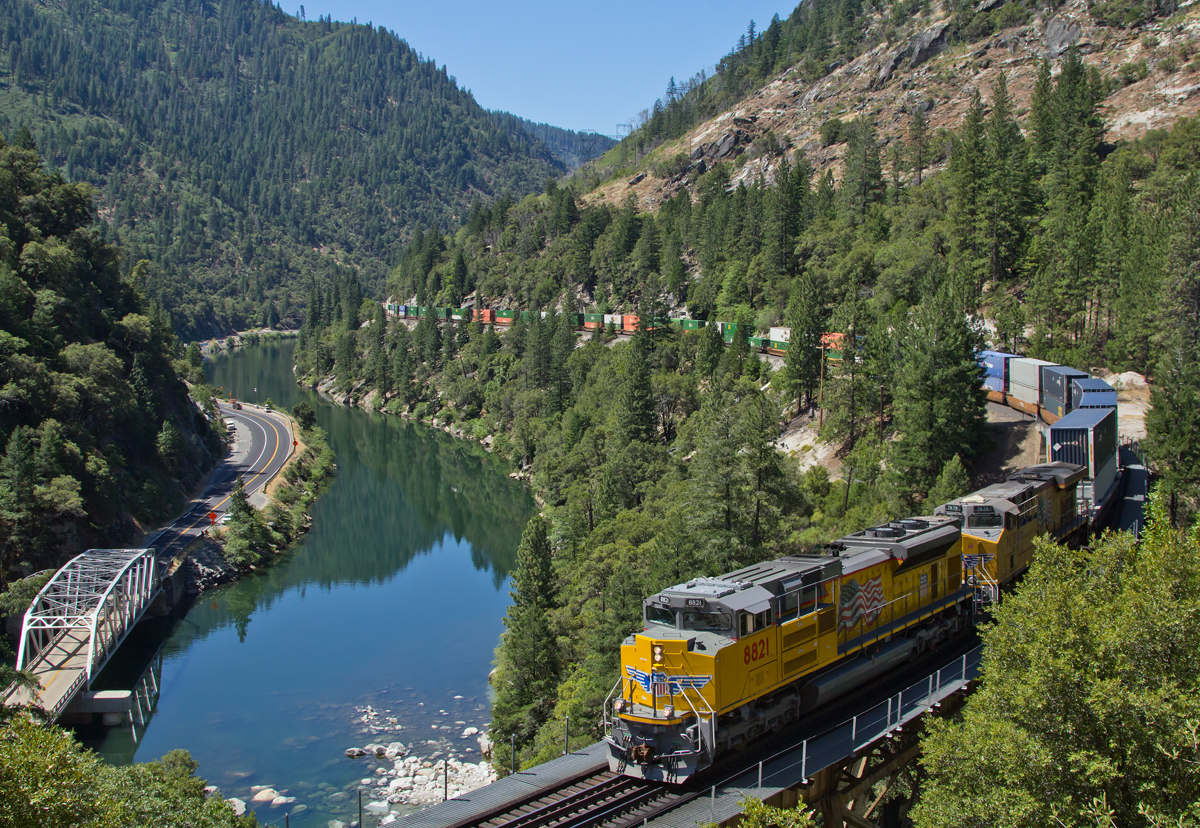An accounting rules change that went into effect on Jan. 1 will disproportionately affect CN and CP. As a result, CN’s operating ratio is expected to rise around 2 points, while CP’s may go up by as much as 5 points, pushing it above 60 percent, according to Mark Rosen, an analyst and co-founder of Accountability Research Corp. of Toronto.
Through the first nine months of 2017, CN reported an operating ratio of 56.4 percent. Under the new rules, that would rise to 58.8 percent. In the same period, CP reported an operating ratio of 57.1 percent, which rises to 62.1 percent under the new rules.
The operating ratio is shown as a company’s operating expenses as a percentage of its revenue. It is an often-used statistic investment analysts use to gauge how efficiently managers are running a railroad.
The changes don’t alter the operating-ratio rankings of the Class I railroads. CN remains first and CP second. But third-place railroad Union Pacific, which reported an operating ratio of 63.2 percent for the first nine months of 2017, is close on CP’s heels.
“On a fundamental basis, Union Pacific’s efficiency is much more in line with the top performers in the industry,” Rosen says.
The rules change deals with the way certain pension assets and costs are treated.
“Companies will no longer be allowed to increase their operating income through estimates of expected future returns on corporate pension assets,” Rosen explains in a note to clients. Pension costs will be treated differently, as well, effectively boosting expenses.
And since the operating ratio measures operating expenses as a percentage of revenue, it rises when costs go up.
The impact of the rules change is negligible on U.S. railroads because their pension obligations are much smaller due to the Railroad Retirement system.
The Canadian railways are taking the change in stride and see it as a non-event. They’ve also been transparent: The fine print of their 2017 quarterly earnings reports have noted what the operating ratio would have been under the new rules.
“The change … is purely a reclassification of pension expenses which has no impact on CN’s net income or earnings per share,” spokesman Patrick Waldron says. “It will impact the operating income (operating revenues less operating expenses) and the operating ratio. The operating ratio is just one measure of performance and even with the change, CN remains the industry leader in operating ratio, as it has for many years.”
CP saw a dramatic improvement in its operating ratio from 2012 to 2016 as then-CEO E. Hunter Harrison transformed the railway. CP’s operating ratio went from 77 percent to 58.6 percent, an 18.4-point improvement.
Although the improvement shrinks to 16.8 points if the new rules are applied retroactively, that still leads the industry over that period, CP spokesman Andy Cummings points out.
“Importantly, there will be no change to net income or earnings per share going forward due to this new standard,” Cummings says. “CP is proud of its industry-leading operating performance improvements and is committed to growing revenue in a cost-effective manner that generates significant shareholder value.”















No U.S. railroad controls the employee pensions. The RR pensions are controlled and administrated by the RRB ( Railroad Retirement Board. ) RR’s in the USA offers incentives ( 401k, stock options ) above the standard RRB pension. As far as the RR ruining our lives. Speak for yourself, I knew what I was signing up for and discussed it with my family before I hired on. The RR was blunt on the subject when I attended the hiring session.
Type your comment here…
the railroads can afford it . the make lots of money . unlike the railroads of the past like the southern pacific they trated the guys bad vbut they paid the crews and mess then out of the railroad retirement that was their. now days like the union pacifif they just come up with a new rule to fire you . it was that the only way to get fried was rule g now they just say your gone and the union roles over and says nothing. the only thing the utu smart does now is says yes to what ever the railroad says as hunt from the u p r r says is if I’m not fireing 20 guys a day I’m not doing my job. Ii aldso enjoying messing up their lives!!!!!!!!!!!!!!!!!!!!!!!yes union pacific building the good old u s a they do not care about the guys , the usa , or the customers. the only thing they want to hear is how many guys where fried and how much can we up the cost on the ups trailers on the z trains.
Bob, when CP has motive power and loaded customer cars parked on industrial spurs for a couple of days straight before it moves again (apparently due to crew shortages), EHH’s deep cuts do not seem to make CP a “solid and efficient” railroad to anyone, especially the customers. Any business exists to provide a service to customers, not money to investors (that happens naturally when you provide good service to the customers, as CN has figured out).
David, not really. EHH cut out all that wouldn’t make the change to a new operating system so that his personally trained replacements could rebuild from a solid and efficient core. Examples: IC; CN; CP; and now probably CSX.
Harrison fired hundreds at CP just to bring down labor costs. He sacrificed customer service and long range planning for short term gain. CP was a mess and CN was kicking CP`s butt by taking away business! Current CP management are now trying to grow the business and hire back many of the employees Harrison fired. Harrison was a disaster.